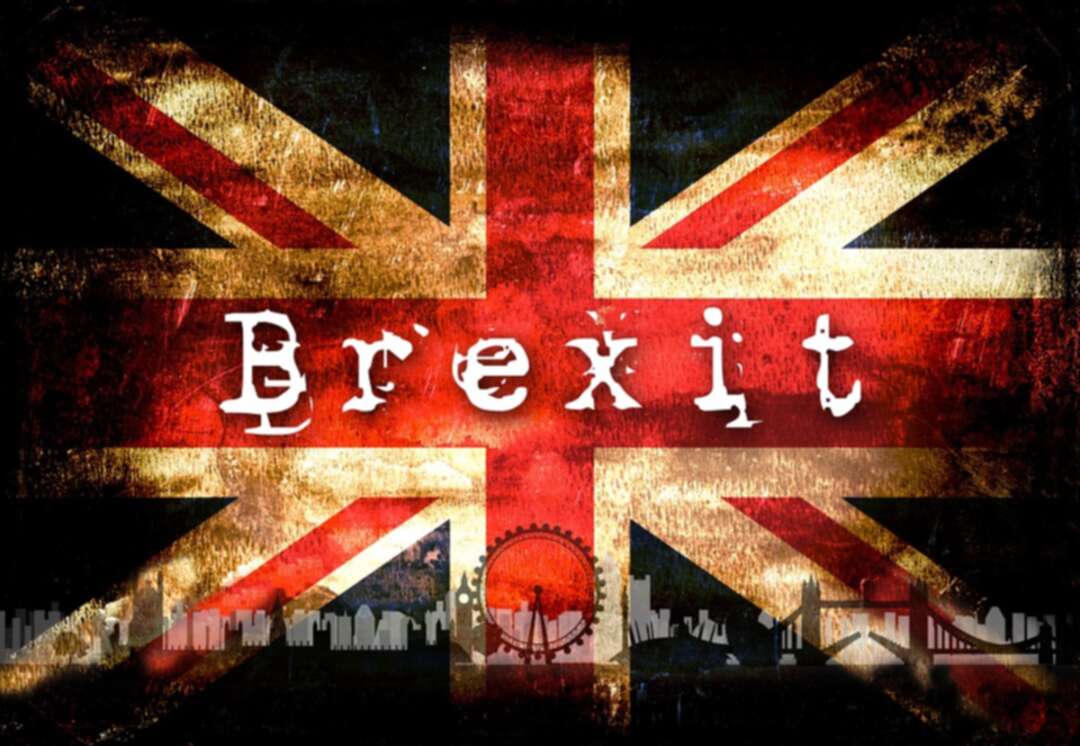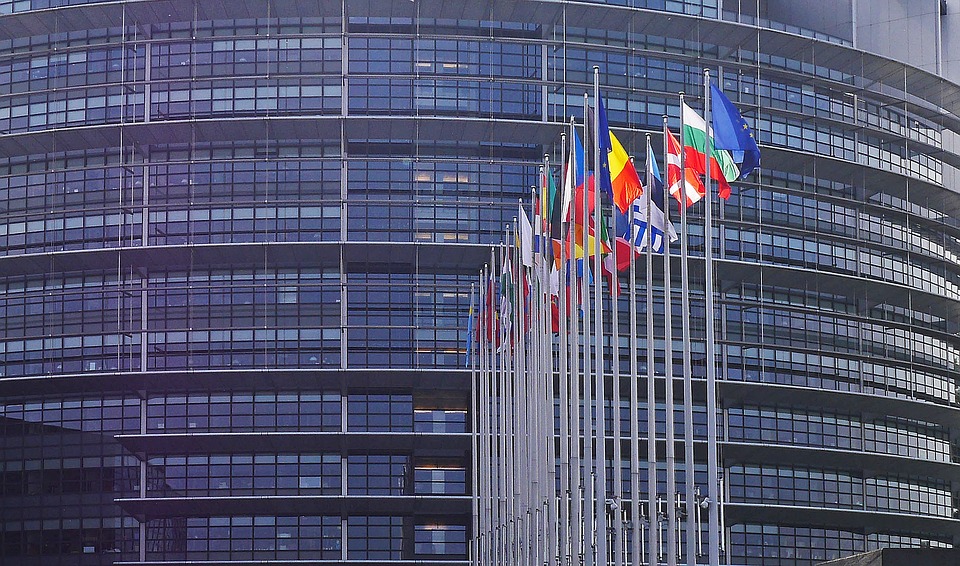-
Britain won't give up on NI protocol until exhausting all negotiating possibilities

The Xinhua reported, British Brexit Minister David Frost said on Wednesday that three weeks' talks with the European Union (EU) have not led to the closure of substantial gaps on the Northern Ireland Protocol but Britain will not give up until exhausting all negotiating possibilities.
During the intense discussions for the last three weeks, the aim has been to assess whether it is possible to close the substantial gaps in UK-EU positions and secure potential negotiated resolution, Frost said in the House of Lords, the upper chamber of the British parliament.
He said it has not been possible so far at least in part because the EU proposals do not go far enough to make the protocol sustainable for the future.
He said he wants to protect the integrity of the talks and remain positive.

Frost said.: "I will not give up on this process unless and until it is abundantly clear that nothing more can be done...If we do in due course reach that point, the Article 16 safeguards will be our only option."
The Article 16 of the Northern Ireland Protocol provides both Britain and the EU with a unilateral power to take action should the application of the protocol give rise to "serious economic, societal or environmental difficulties that are liable to persist, or to diversion of trade."
Britain and the EU view changing the protocol as a long-term solution to post-Brexit trade disruption in Northern Ireland. Britain outlined its proposals in a government paper in July, which observers interpreted as a renegotiation of the protocol.
Read more: UK PM to return to COP26 climate summit for ‘transport day’
In response, the EU published its own package to facilitate the movement of goods from Great Britain to Northern Ireland, including cutting customs formalities, simplified certification, and an 80 percent reduction of checks on retail goods for Northern Ireland's consumers.
It said it would guarantee an uninterrupted supply of medicine to the people of Northern Ireland, by changing EU rules.
However, the two sides remain poles apart on the more challenging issue of the oversight role of the European Court of Justice in Northern Ireland.
Source: xinhua
You May Also Like
Popular Posts
Caricature
BENEFIT Sponsors BuildHer...
- April 23, 2025
BENEFIT, the Kingdom’s innovator and leading company in Fintech and electronic financial transactions service, has sponsored the BuildHer CityHack 2025 Hackathon, a two-day event spearheaded by the College of Engineering and Technology at the Royal University for Women (RUW).
Aimed at secondary school students, the event brought together a distinguished group of academic professionals and technology experts to mentor and inspire young participants.
More than 100 high school students from across the Kingdom of Bahrain took part in the hackathon, which featured an intensive programme of training workshops and hands-on sessions. These activities were tailored to enhance participants’ critical thinking, collaborative problem-solving, and team-building capabilities, while also encouraging the development of practical and sustainable solutions to contemporary challenges using modern technological tools.
BENEFIT’s Chief Executive Mr. Abdulwahed AlJanahi, commented: “Our support for this educational hackathon reflects our long-term strategic vision to nurture the talents of emerging national youth and empower the next generation of accomplished female leaders in technology. By fostering creativity and innovation, we aim to contribute meaningfully to Bahrain’s comprehensive development goals and align with the aspirations outlined in the Kingdom’s Vision 2030—an ambition in which BENEFIT plays a central role.”
Professor Riyadh Yousif Hamzah, President of the Royal University for Women, commented: “This initiative reflects our commitment to advancing women in STEM fields. We're cultivating a generation of creative, solution-driven female leaders who will drive national development. Our partnership with BENEFIT exemplifies the powerful synergy between academia and private sector in supporting educational innovation.”
Hanan Abdulla Hasan, Senior Manager, PR & Communication at BENEFIT, said: “We are honoured to collaborate with RUW in supporting this remarkable technology-focused event. It highlights our commitment to social responsibility, and our ongoing efforts to enhance the digital and innovation capabilities of young Bahraini women and foster their ability to harness technological tools in the service of a smarter, more sustainable future.”
For his part, Dr. Humam ElAgha, Acting Dean of the College of Engineering and Technology at the University, said: “BuildHer CityHack 2025 embodies our hands-on approach to education. By tackling real-world problems through creative thinking and sustainable solutions, we're preparing women to thrive in the knowledge economy – a cornerstone of the University's vision.”
opinion
Report
ads
Newsletter
Subscribe to our mailing list to get the new updates!





















